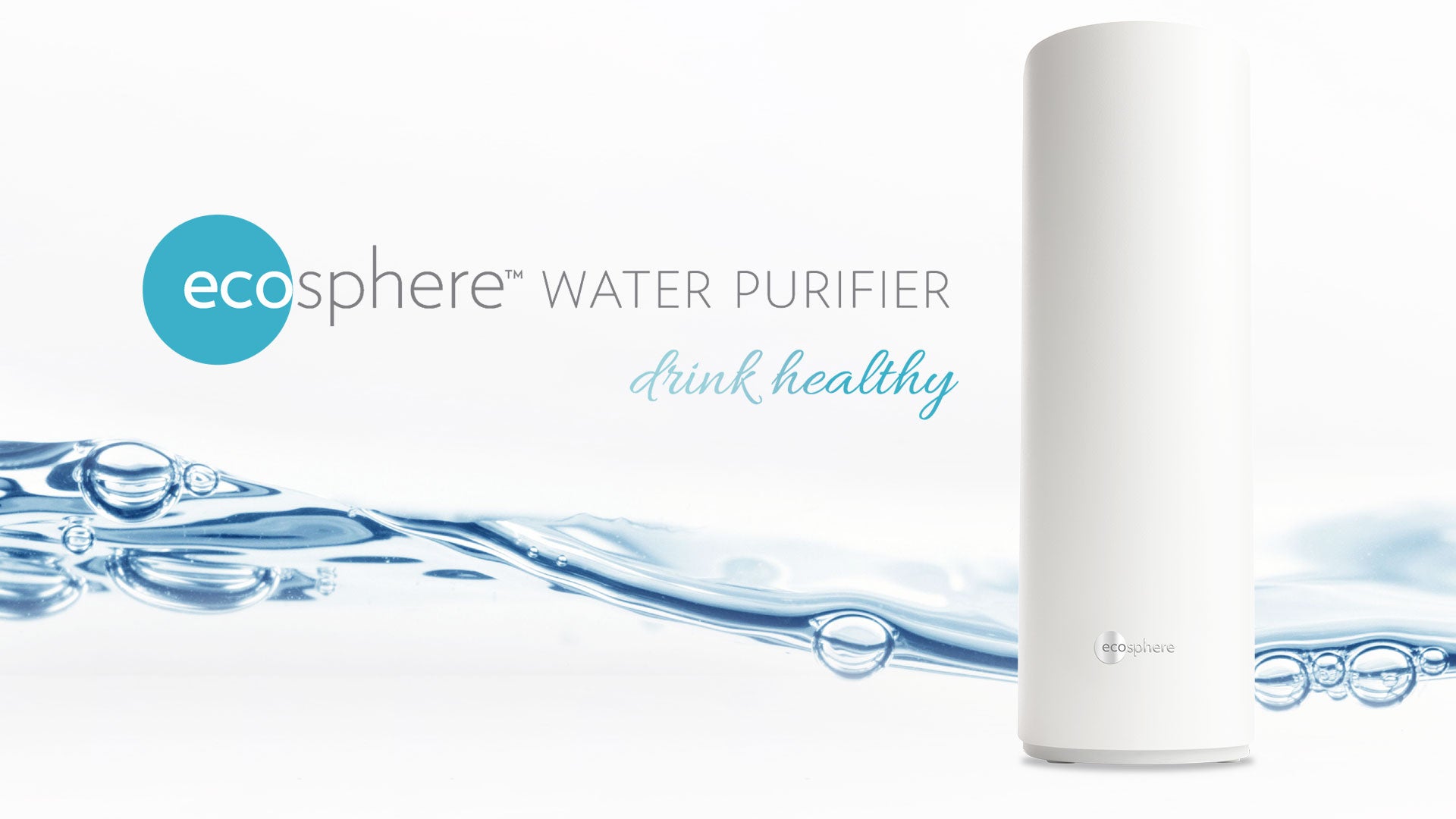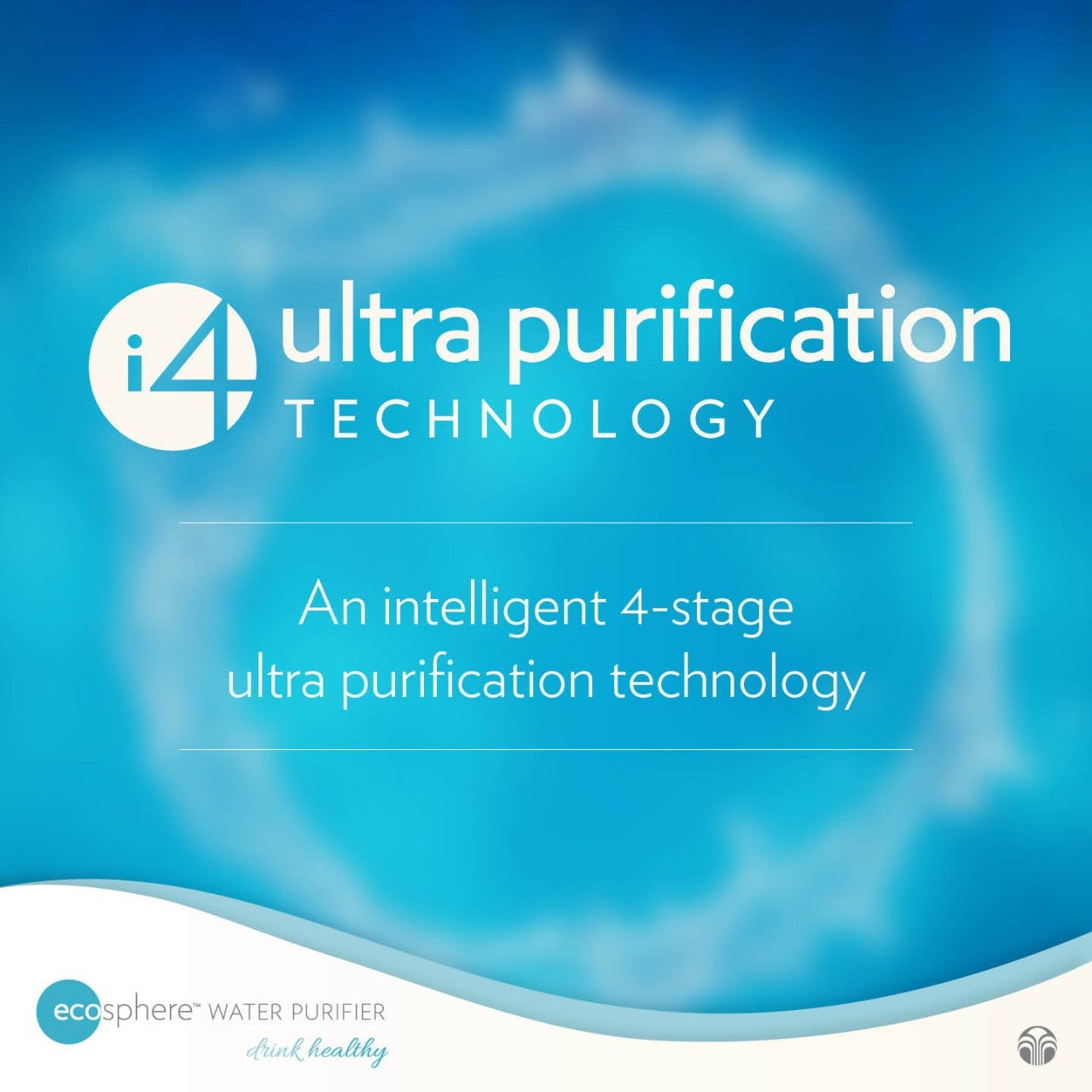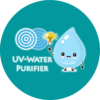Water is the most important resource for life. But what might hit closer to home is that even the water we traditionally thought of as “pure and clean” can be contaminated. Contaminants such as pollution, bacteria, and sediment can make their way into your home water, no matter where you live. That’s why it’s so important to own an efficient and effective water purifier. With so many types of water purifiers to choose from, however, how do you know which is the best for you and your family? Here we’ll give you a quick rundown to help you make an informed decision.

Granulated Carbon Filters
This form of filter is found everywhere from water pitchers to home filters. The idea is that water passes through an activated carbon surface, which then attracts and traps certain impurities—mainly chlorine, sediment, and volatile organic compounds. But whenever possible, water will take the path of least resistance and flow around the granulated carbon filter, reducing the effectiveness of the purification.
Ceramic Filters
Ceramic filters don’t often look impressive, but they are relatively inexpensive. These filters force water through the ceramic pores, removing bacteria and large protozoans. Viruses and smaller contaminants, however, are another matter. Ceramic filters are easy to produce and use, but they have a low flow rate, and their effectiveness can vary greatly depending on proper maintenance and use.
Ion-Exchange Resin Filters
This form of water purification uses an ion-exchange resin or ion-exchange polymer. This insoluble structure typically appears as white or yellowish, porous microbeads and can actually exchange certain harmful ions in water with less dangerous versions. But in doing so, these beads are exhausted fairly quickly, meaning users sometimes have to replace their filter as often as once a week.
Alkaline Water
Alkaline water is another common type of water modification, although the process is quite different from filtration systems. Alkaline water is essentially just water with a high pH level. This is typically achieved using supplements similar to baking soda or pH drops, but it’s also possible to create alkaline water with a water ionizer. The ionizer uses electrolysis to separate the more acidic or alkaline molecules in the water, thus increasing the pH level. This process, however, does little to remove any contaminants.
Carbon Block Stand-Alone Filters
A popular alternative to granulated carbon filters are carbon block filters. These filters use compressed carbon blocks where water doesn’t flow through easily, allowing greater contact time with the water to increase the filtration capabilities.
Reverse Osmosis
Reverse osmosis is one of the most common forms of water purification, and it does a pretty good job. With reverse osmosis, water is forced through a porous membrane, contaminants like bacteria and salt are unable to make it through the tiny pores, and only clean water is left. Unfortunately, however, this process is extremely wasteful and expensive. In fact, it can waste up to four gallons of water for every single gallon filtered. Plus, reverse osmosis removes any beneficial minerals that you may actually want to keep in your water.
i4 Ultra Purification Technology
If you truly want to ensure that your family only drinks clean, safe water, we recommend the EcoSphere Water Purifier. This device uses innovative, intelligent, four-stage ultra purification technology that includes polypropylene pleated prefiltration, a compressed activated carbon block, a polyether sulfone membrane, and even a state-of-the-art cold cathode UV lamp that doesn’t require any periodical replacement. Each stage removes more and more contaminants, until what you have left is clean, safe water.

As you can see, while there are many contenders in the water purification space, the EcoSphere Water Purifier utilizes aspects of ultrafiltration with an excellent carbon block and more effective UV sterilization, all while avoiding the issues of waste water, low flow rate, and high cost. Make the right choice, and give your family clean, safe water by choosing the EcoSphere Water Purifier. Drink healthy!
Original Article: https://www.nuskin.com/content/corpcom/en_US/thesource/healthandfitness/–ecosphere_s-i4-ultrapure-technology-vs-other-methods-.html
References: https://www.cdc.gov/safewater/ceramic-filtration.html
